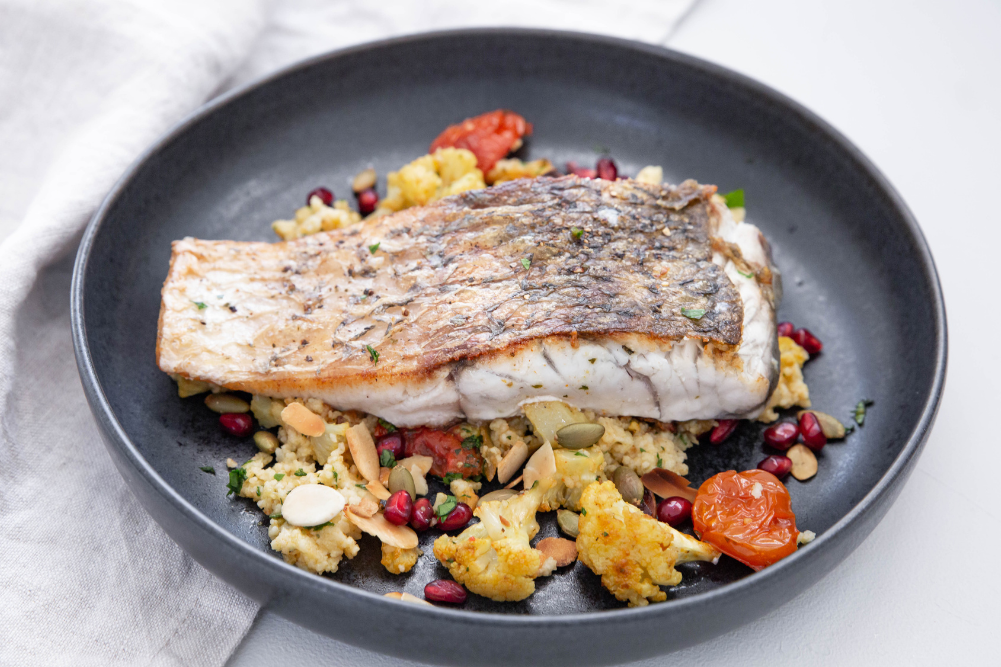Onion rings true
Onions have been cultivated for at least 6000 years and they have been a pretty popular food for much of that time. When the slaves building the pyramids were not eating garlic, they ate onions; they were a pungent workforce, but a healthy one. For centuries onions have been favourites among the less well off because they are an accessible food that can add flavour to any dish. Today the onion is a favourite of everybody and its main use is in cooking is still to add flavour so that you find it everywhere from barbeques to stir fries to casseroles. What we largely miss these days however, is the medicinal value of onions. The “father of medicineâ€, Hippocrates, thought onions were good for sight, and that a slice tied on a bee sting would reduce swelling or pain. Onions are actually very healthy and a new study has shown some impressive results for onions in regards to blood sugar and cholesterol.
We know something of the healthy properties of onions already. Like all Allium plants (such as garlic and chives) onions are a wonderful source of sulphur and this means they are good for your heart and have antibiotics properties. Onions are also an outstanding source of antioxidant polyphenols, including the flavonoid polyphenols. Within this flavonoid category, onions are a standout source of quercetin. Now, as mentioned earlier, these qualities seem to be adding up to some good news for your cholesterol and blood sugar levels.
In the new study three groups of rats with diabetes were given the anti-diabetic drug metformin plus varying doses of onion extract (200mg, 400mg, and 600mg). They also gave metformin plus the same doses of onion to three groups of non-diabetic mice as a comparison.
In the diabetic mice, compared to the start of the study, those given 400mg and 600mg of onion extract showed 35 per cent and 50 per cent reductions in fasting blood sugar. In the diabetic rats total cholesterol was also lowered. In the non-diabetic rats there was an increase in weight on the onion extract but not in the diabetic rats. The researchers think this latter phenomenon was because onion increases metabolic rate therefore increasing appetite and food consumption.
The researchers are unsure what causes the blood sugar lowering effect but it is sweet news for anyone who fancies a little onion in their fry up.







